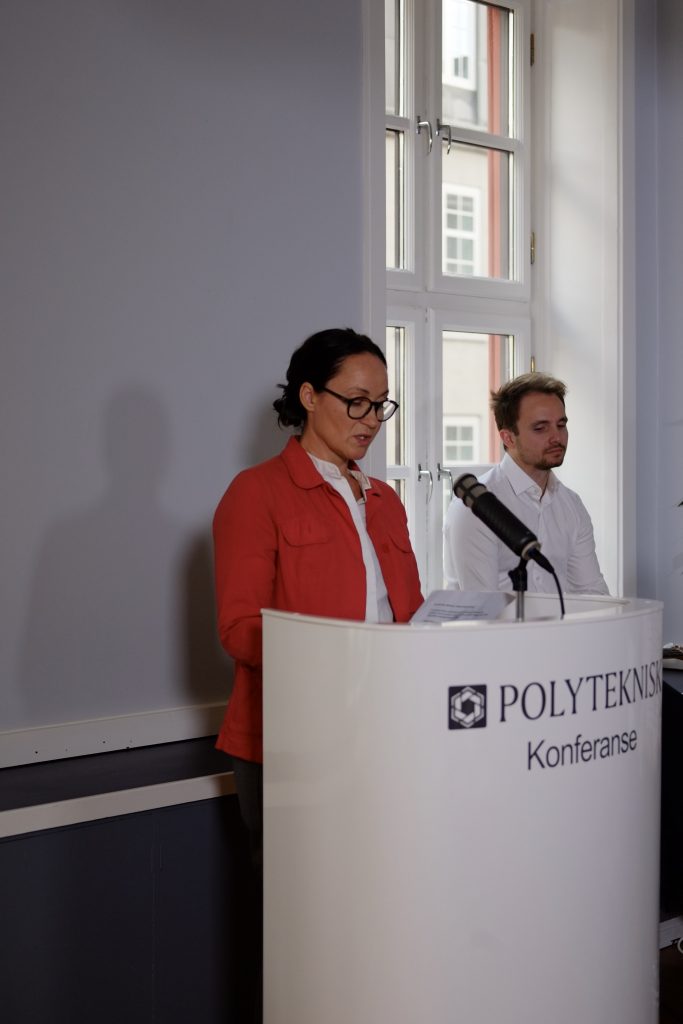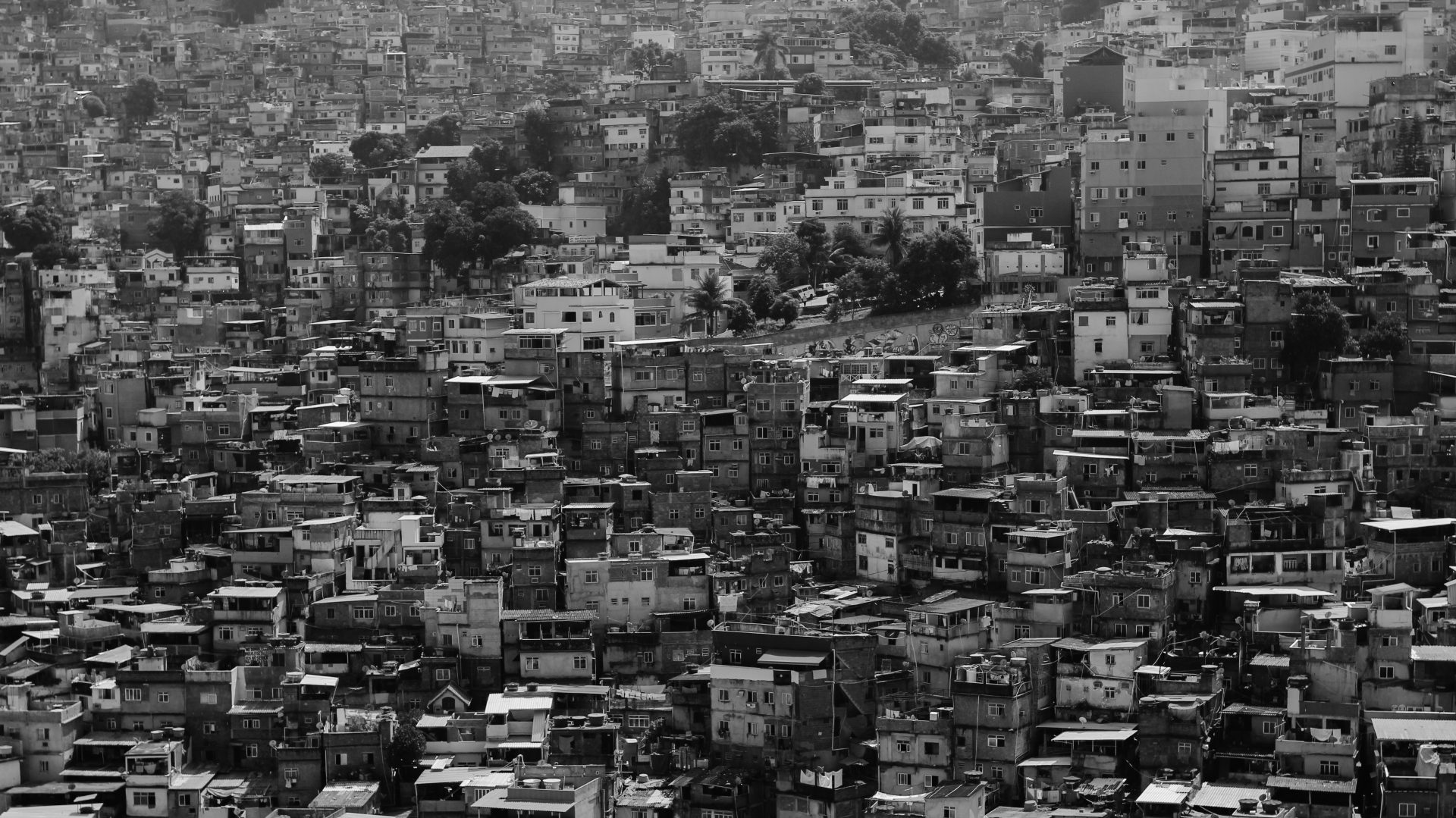Presented at Webinar Pandemics and Future Cities, October 5th, 2020
Excellencies, Ministers, ladies and gentlemen,
It is a great honor and pleasure to welcome participants and speakers from all corners of the world to the first Habitat Day in the “SDG Action Decade towards 2030”.
Habitat Norway is particularly pleased to welcome Deputy Executive Director Victor Kisob who is with us from Nairobi. We appreciate very much the participation of Norwegian Minister of Local Government and Modernisation Mr. Nicolay Astrup who has left today’s busy parliamentary deliberations to join us here in the studio.
We would like to thank both of you for a consistent and unwavering support to the implementation of the SDGs and Agenda 2030. Also a vote of thanks to the Polytechnical Association of Norway who is providing technical support for a webinar with speakers on three continents and participants on five.

The first World Habitat Day was celebrated in Nairobi in 1986. “Shelter is my right” was the theme. 35 years later a broader rights based approach is promoted. The right to the city – the city for all is today’s main urban mantra. In a situation with populist, nationalist and authoritarian regimes on the offensive all over the world, a broad, holistic right’s based approach is more important than ever.
The World Habitat Day celebrated on the first Monday of October each year is intended to remind the world that everyone has the power and the responsibility to shape the future of towns and cities. I hope this event would contribute to that end.
The background of this event is as follows: In experiencing the social and economic shock of COVID 19 comes the realization that we must adapt new and better ways to deal with global crises. The pandemic has exposed and increased stark social and economic inequalities and system weaknesses. It has highlighted that long term complex challenges and short term crisis demand new responses and ways of working. We hope to identify some of them during the course of this event. Suddenly we are all developing countries. In the same boat which wiki-leaks.
As we look ahead the question arises: what can we learn from the pandemic? What do we need to do differently? What kind of collaboration and action are needed to achieve transformative change and prepare for a radically different world? Cities containing 90% of all COVID cases will because of demographic and economic development be at the centre.
The global context of today is one of evolving multiple crises of which the pandemic is one and the climate the most serious.
Social urban development has however during the six decades of the so called development era been utterly neglected by national and international governments all over the world. From 1970 to 2015 only 4% of total Official Development assistance was received for social purposes. In a situation with 1.8 billion people living in inadequate housing and 1 billion in slums very few development agencies are promoting social housing programmes. National Governments focusing on the continuum between the most rural and the most urban need to utilize the opportunities and challenges that urban and regional development represents.
The global context of today is one of evolving multiple crises of which the pandemic is one and the climate the most serious. Drawing on lessons learnt from capacity building, advocacy and grassroot action, the challenge becomes how we can catalyse, plan and implement a different and better future. We are now just experiencing the first wave of what might come. It should be a memento for all.
Habitat Norway would like to commend UN Habitat for at an early stage of the pandemic having initiated a new and thought provoking flagship report titled “The State of World Cities in Global Pandemics”. We all look forward to today’s presentation of its main findings and recommendations. As well as the expert interventions that follows on issues of health, housing, human rights and the future of the global humanitarian system. Reflecting the need for a broad systematic approach to the multiple crises we are facing all over the world. They all tend to convene in cities and towns.
Thank you for your attention!


